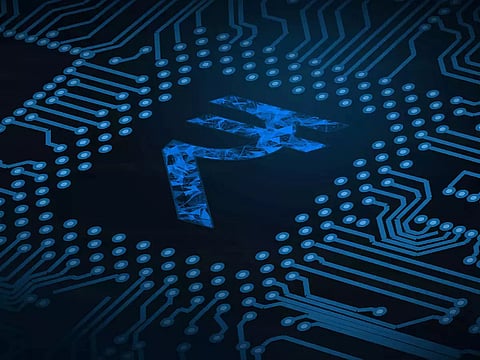Reserve Bank of India Launches Digital Rupee (e₹-R)
NEW DELHI: In what is being called a step forward in the digital currency sector of the Indian economy, the apex banking organisation of the country launched the Digital Rupee in select cities of the country on December 1.
The whole digital rupee project was aimed to be launched experimentally in two phases. In the first phase, four banks of the country belonging to both public and private sectors were identified to provide the service in four select cities of the country. While in the second phase, four more banks will be added to this list and the nine cities will be added to the initial four.
Today the first phase was launched in Mumbai, New Delhi, Bengaluru and Bhubaneswar by the State Bank of India, ICICI Bank, Yes Bank and IDFC First Bank.
Although digital in nature, this currency is very different from cryptocurrency. Digital Rupee belongs to something called Central Bank Digital Currency, meaning that it will be regulated by the RBI. Also, the value of the currency does not fluctuate like cryptocurrencies but will change according to currency value fluctuations.
Customers will be able to procure this new digital currency from the official applications and websites of the designated banks. But exact details have not been revealed yet if the service has been limited only to the customers of these banks or everyone. Also, no information has been mentioned about how transactions of the digital rupee will be monitored by the bank. RBI has mentioned that this currency will be considered legal tender, but not how it will be reflected in the accounts and passbooks.
According to reports, digital and physical rupees will be interoperable in the designated banks. But there will be certain differences in the usage of both. For example, digital currency will not provide any interest if stored in bank accounts.
In the second phase Bank of Baroda, Union Bank of India, HDFC Bank and Kotak Mahindra Bank will also join the project. The eight banks extend the project to nine more cities in the country. They are Ahmedabad, Gangtok, Guwahati, Hyderabad, Indore, Kochi, Lucknow, Patna and Shimla.
Also Watch :
Also Watch:

